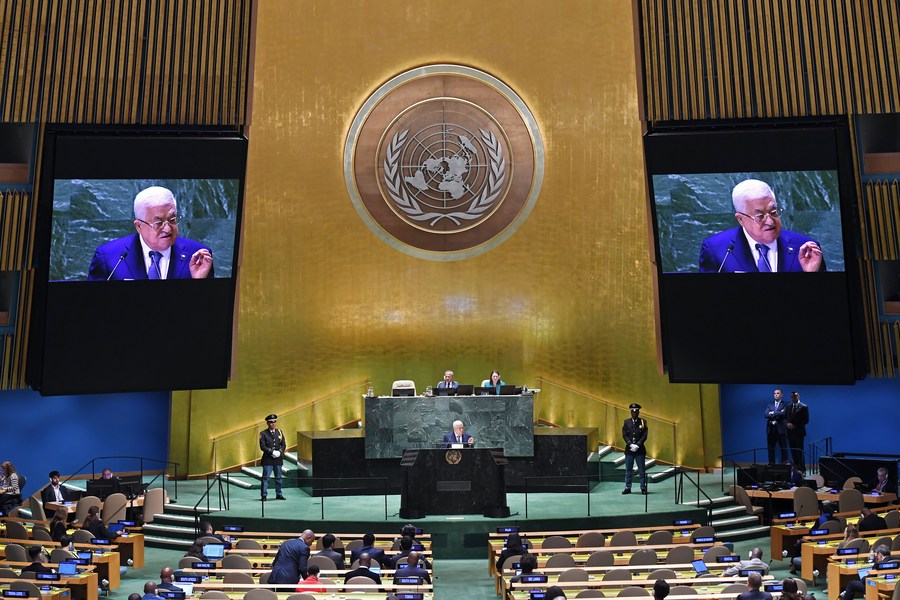The Enigma of U.S. Policy: Palestinian Statehood Recognition and Its Implications
In the intricate landscape of international politics, few issues rival the complexity of Palestinian statehood recognition. The United States’ persistent blocking of Palestine’s aspiration to become a fully recognized United Nations member raises critical questions. To comprehend the underlying motives and consequences of this stance, it is imperative to scrutinize this matter with an analytical, game-theorist’s perspective, disentangling the geopolitical labyrinth that shapes our world.
Conventional wisdom often attributes the U.S. position to its strategic alliance with Israel, a nation of paramount importance to American interests in the Middle East. Israel’s security concerns, inextricably linked with its historical and territorial disputes with Palestine, have historically driven U.S. foreign policy in the region. However, to truly understand this issue, one must transcend the emotional and sensitive aspects and instead focus on the fundamental factors at play.
The hypothesis that denying Palestinian statehood recognition relates to Israel’s adherence to international law and the cessation of occupation and colonization is compelling. From a purely strategic perspective, granting recognition to Palestine as an independent state could indeed alter the dynamics. It would provide a legal framework for holding Israel accountable for actions that may breach international law. This potential transformation on the global stage could apply pressure on Israel to reassess its policies in the region.
Nonetheless, the geopolitical chessboard is a complex one, with multiple variables in play. The U.S. has its own strategic interests in the region, including containing extremist forces and maintaining regional stability. This stance has often been perceived as consistent with its commitment to its longstanding ally, Israel.
Another dimension that requires exploration is the role of Christian Zionism and prophecy in shaping the U.S. position. This perspective introduces a layer of complexity into an already intricate situation. Some argue that specific factions within the U.S. government are influenced by religious beliefs that interpret Israel’s dominance of the Holy Land as a fulfillment of prophecy. Undeniably, this perspective has influenced U.S. foreign policy.
Furthermore, the argument that recognizing Palestinian statehood could reduce animosity and acts of terrorism should not be dismissed. A peaceful resolution to the Israeli-Palestinian conflict is crucial for regional stability. Full recognition of Palestinian statehood could serve as a catalyst for negotiations and dialogue, potentially quelling extremist factions.
In conclusion, the reasons behind the U.S. stance against Palestinian statehood recognition are multifaceted, encompassing geopolitics, strategic alliances, religious influences (Christian Zionism), and broader regional stability concerns. Understanding this issue necessitates a nuanced perspective that acknowledges the intricate interplay of these factors on the international stage.
In the ever-evolving dynamics of the Middle East, the Palestinian question remains a puzzle, awaiting a solution that balances global interests, justice, and the aspirations of a people yearning for a place on the world stage.
